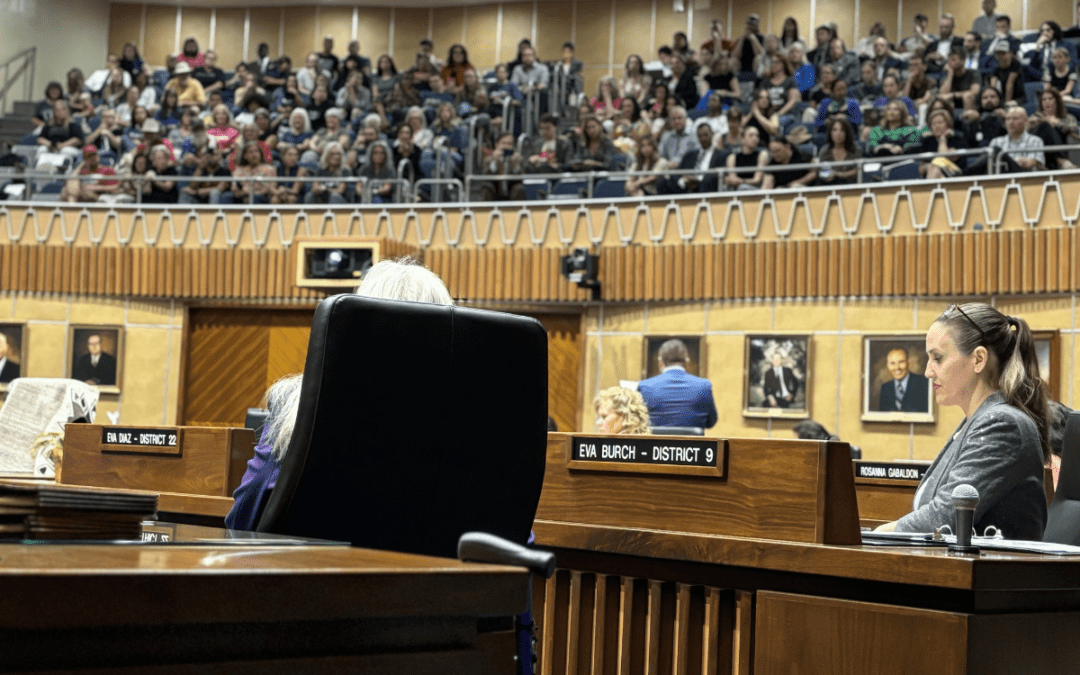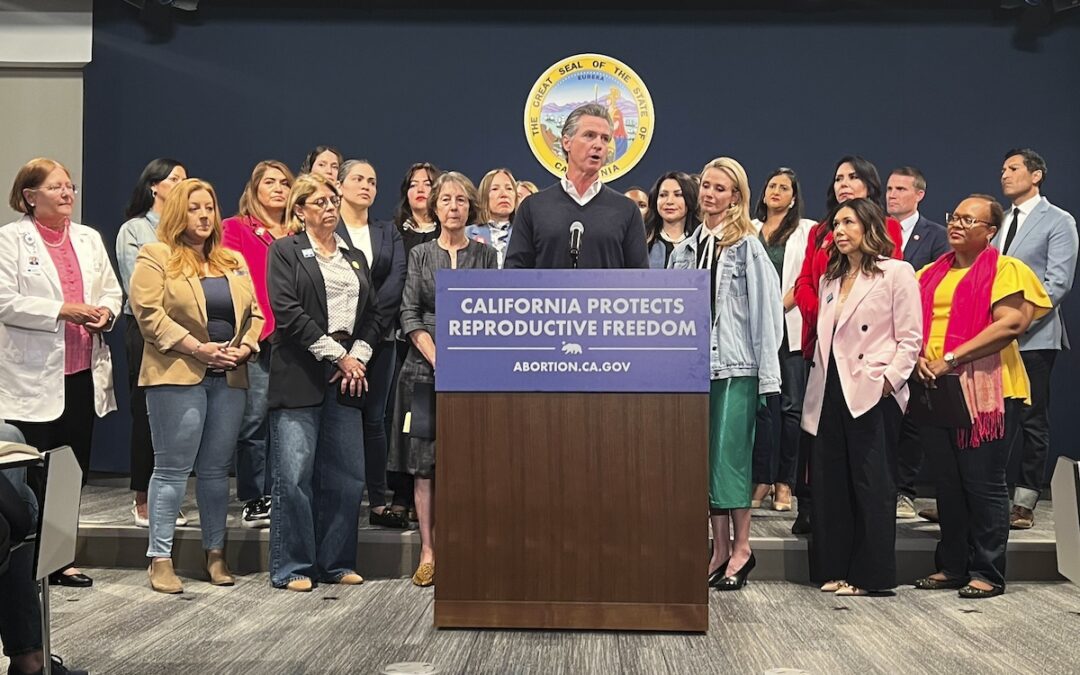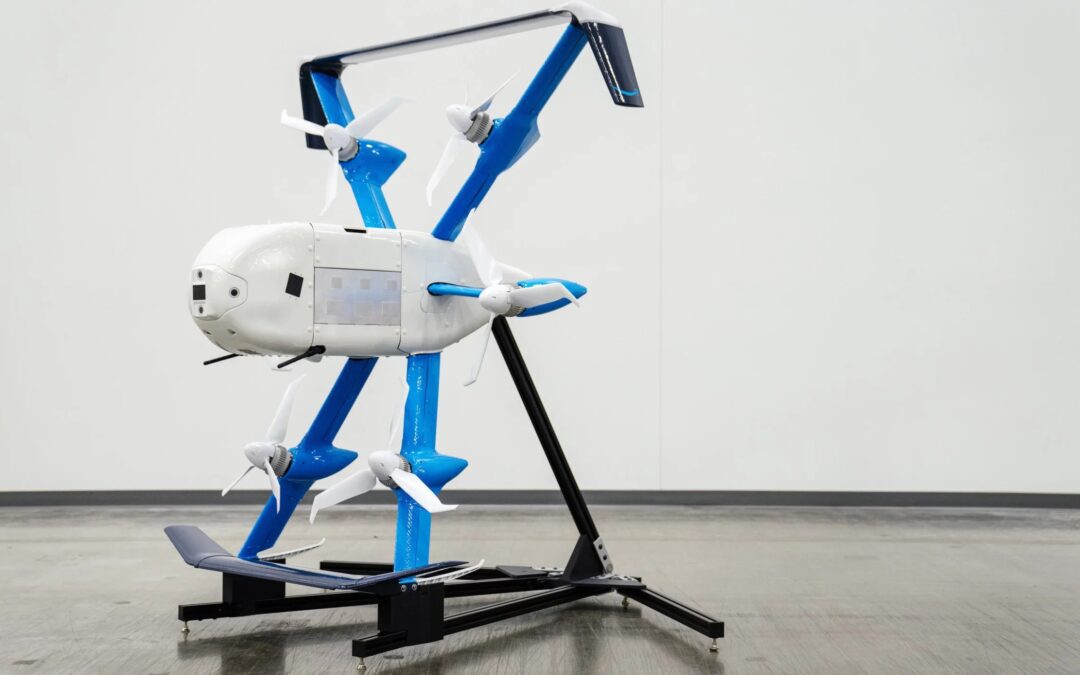
Austin Davis (Photo by Karson Samons)
Davis’ newest poetry novella is inspired by his work with people living on Phoenix streets.
Austin Davis is a Phoenix poet and activist.
He graduated from Arizona State University with a creative writing degree last year and has published multiple books—most recently, “Lotus & The Apocalypse.” His next novella, “Compulsive Swim,” is coming out Feb. 1.
In addition to writing, Davis founded AZ Hugs For the Houseless, an initiative through Arizona Jews for Justice that spreads love in respect to those living on the street. As part of his activism, he hosts a community picnic every Sunday at 3 p.m. At the picnic, people can get a hot meal and other resources, or just hang out. He also keeps a running list of special requests for people in need.
The Copper Courier spoke with Davis on Instagram about writing, mental health, and bringing love to people without homes.
Watch the full conversation, or check out some highlights below.
Note: This interview has been edited for length and clarity.
The Copper Courier: Do you want to start by talking a little bit about “Lotus & the Apocalypse” and the overarching idea for the collection?
Austin Davis: I have OCD [obsessive compulsive disorder] and Tourette’s, and I struggled with depression as well. So, I really wrote Lotus during a time when I was really struggling with my mental health, and it felt like I was climbing this mountain with my mental health. And I knew if I just kept going, just kept trying, I’d get to a point where I could rest, but I feel like I let go.
Writing this book was me reaching my hand out and grabbing a rock and continuing to climb. So, writing’s always been the best tool for my mental health, and for taking care of myself. And this book is a total reflection of that, I think.
RELATED: Phoenix Poet Shares How Writing Improved His Mental Health
It’s a poetry novella about the last day on earth, and the main character has to try to figure out what the point of life is before the end of the day. So the poems really deal heavily with guilt and anxiety.
With OCD, for me, there’s a lot of irrational fears, irrational thoughts—and irrational guilt is a big one. So I really just try to be as honest and open and vulnerable as I could in this collection, and try to write something that might make another kid out there feel a little less alone in what they’re going through.
CC: Can you talk about how you got started writing in general?
AD: I really started writing, I would say, when I was five or six years old, so pretty young. I really fell in love with books at a young age, and it always felt like magic to me how I could read this thing that this other person made, and maybe they made it a year ago or 100 years ago, but they could make me feel something—they could make me laugh, they could make me feel comforted.
As a kid, I remember thinking, ‘This is a certain type of magic right here. How can I learn how to create a little bit of magic?’ So, I think that’s really one of the reasons I started writing.
But in addition, I started writing because—for me, at least—there’s just a lot of thoughts in my head all the time. And as a kid, I remember it felt really overwhelming, just all these anxieties, all these fears. And I guess writing little poems and little stories was decluttering my brain a little bit.
One of the metaphors in Lotus actually, it’s like wringing your brain out a dirty sponge and letting the dirty water spill on the page. So it’s always felt very—I guess, cleansing for me. Healing.
CC: You do workshops to help other people learn how to do this for themselves, too. Can you talk about your work in sharing your skills?
AD: We’ve had so much fun lately at the Tempe Library. We’ve been doing these poetry classes at the library, and every month is a different theme.
So one month, it was around New Year’s, so it was the end of the year and [a time of] transition. [The theme] was about transition time periods and writing poetry on that. We did one for Halloween and it was reading Halloween poems and writing a Halloween poem step by step, and it’s been super fun.
The last class we did there was great turnout, and we just had a really wonderful conversation. The last one was about self-growth, and healing, and being kind to yourself. And usually, what I’ve been doing for these classes in particular, is writing a poem myself and then having a step-by-step, stanza-by-stanza outline for how to write a poem based on the poem I wrote.
I always tell people, ‘You don’t have to follow the prompt. Follow the way your poem’s going.’ But in theory, you could totally follow this prompt, stanza by stanza, [and] write a poem based off of the run that I had written.
CC: Do you have other tips for people who want to get started writing in this way?
AD: I think that creating art is just such a beautiful expression, whether it’s something you want to share, [or] whether it’s just something for yourself. So I just urge people to give it a shot.
If you’ve never written a poem before, if maybe you have some preconceived notions about what a poem is or what it isn’t, I would say it could just be journaling. It could start that way. It could start by just jotting down your thoughts.
I think that writing, painting, making music, any of that—just give yourself that time to create something. If only it’s for yourself, then that’s still incredibly valuable.
CC: Let’s talk about ‘Compulsive Swim.’ Can you talk about the theme behind it and how you’ll be rolling it out to the public?
AD: ‘Compulsive Swim’ is another poetry novella, like ‘Lotus.’ I’ve been really interested in the last couple years with bridging the genres. Like, how could I write something that might not tell a linear story, but still tells a narrative that you can follow from front to back through poems?
The poems deal heavily with the fentanyl crisis here in Arizona, and the mental health and housing crises as well. Definitely very inspired by my work on the streets. I’m excited to get it out there and just really start having these conversations.
At the end of the day, I think that there’s a lot of functions that a poem can have, but I think one really wonderful and beautiful functional poem could spark conversations about what’s going on in our community, about how we can best take care of each other, and maybe try to bridge those gaps a little bit between communities.
CC: Let’s talk about your activism. How did AZ Hugs For the Houseless start?
AD: AZ Hugs is Arizona Jews for Justice’s homeless outreach program. We started it in the fall in early 2020. Before then, we were doing some outreach and all that, but that’s when the project was really formalized.
We do daily outreach and our weekly Sunday picnic, which is the highlight of my week every week. At the heart of it, it’s just about being a friend of someone and trying to spread that love, and make sure people know that they’re respected, and they have dignity, and they have a community behind them that supports them and is there for them.
We help people get into detox, and rehab, and shelter. We’re working with a lot of families this year who are facing housing insecurity and trying to keep folks safe in that interim period, between possibly facing homelessness and getting into a shelter. Because right now there’s month-long wait lists to even get shelter if you’re a family experiencing homelessness.
The Sunday event is a really wonderful way for people to get involved, if anyone wants to get involved. We start at 3 p.m. every Sunday.
We serve about three to five courses of food. We have, right now, cold-weather items and blankets. I think this week, we’re going to have a popcorn machine and a cotton candy machine, and that’s going to be fun. And we have folks around the community who just show up throughout the event and bring some clothes, bring some blankets, or maybe bring a tray of pasta, a couple boxes of pizza. It’s alive because the community keeps it alive.
I feel really blessed and grateful to have the community we do supporting us and looking out for our neighbors. So, if you want to get involved, anyone out there, join us on Sunday. You can look up AZ Hugs on Instagram at @azhugs, and you can hit me up or just show up, whatever works.
CC: I know a lot of people, especially in Arizona and the Phoenix area, have become a lot more aware of homelessness since COVID and the way that “the Zone” in downtown Phoenix has really grown in the past few years as people have been getting evicted and priced out of places. What are some things that you want the rest of the public to know about this crisis that’s happening and the people who are affected by it?
AD: I think it’s really important to be mindful of and recognize that homelessness can happen to anyone. All it really takes is one bad day.
I think there’s a lot of stigmas around homelessness. I hear it all the time—that it’s all about the drugs, or a person’s not getting a job, or they’re choosing this, or whatever. And there’s definitely outliers in the system or whatever, but at the heart of it’s about mostly from what I’ve seen, unforeseen circumstances that happen.
And once you’re facing that crisis, it’s like quicksand. There’s just a lot that can go wrong. And I think that’s why we all really just need to be mindful of that and thoughtful of that and recognize this is another human being, and I’m a human being.
At the very least, I can show this person kindness in a conversation, and maybe share a meal, or let this person know that they’re not alone. So, I think that’s one thing I’ve been pushing for, and I think that is really important is, even if you don’t have anything to donate, just simple small acts of kindness really, really do go a far way.
Editor’s note: If you’re interested in seeing Austin perform his work, here are some of his upcoming events:
Feb. 1
“Compulsive Swim” launch party at ASU’s Memorial Union at 6 p.m.
Feb. 8
“Compulsive Swim” launch event at Tempe Public Library at 6:30 p.m.
Feb. 9
Author talk at Mesa Public Library at 6 p.m.
Feb. 10
Jazz poetry performance with Joe Allie at the Trunk Space at 7:30 p.m.
Looking for the latest Arizona news? Sign up for our FREE daily newsletter.
Politics

Democrats successfully force vote on repealing 1864 abortion ban, passes House
The Arizona legislature moved forward two bills Wednesday that would repeal the state’s 1864 abortion ban. A bill to repeal the ban has been...

State Official: 1864 abortion ban gives Arizona ‘black eye’
Arizona’s role at the forefront of the climate crisis, defending democratic elections, and protecting reproductive rights has caught the attention...
Local News

Gov. Gavin Newsom wants to let Arizona doctors provide abortions in California
California law generally allows abortion up to the point of fetal viability, which is around 24 weeks. SACRAMENTO, Calif. (AP) — Arizona doctors...

The Amazon drones are coming to Arizona later this year
The drones operate on electricity, while most of Amazon’s fleet of vehicles operate on gasoline. Amazon drone deliveries are coming to the West...





